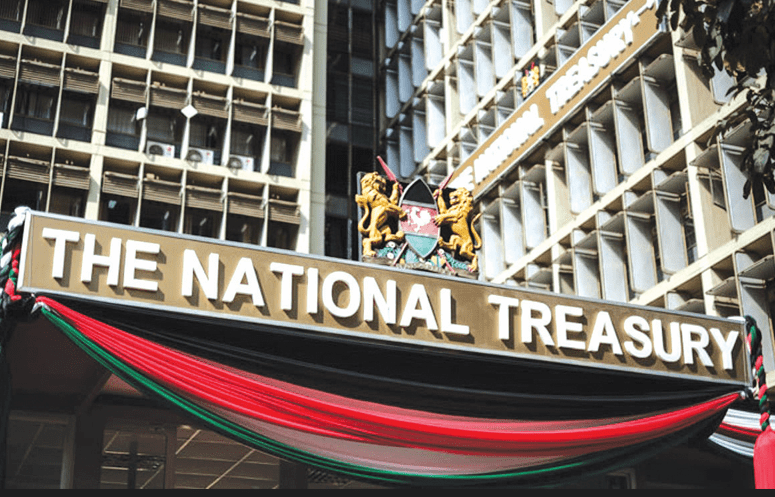Mobile subscriptions push KRA’s airtime taxes to Sh9b

Excise duty collection from airtime outperformed all other tax heads in the first quarter of the current financial year (FY) as the government gained from increased active mobile subscriptions and internet usage.
Disclosures by the National Treasury show that between July and September, Kenya Revenue Authority (KRA) surpassed the excise target on airtime by 10.5 per cent (Sh900 million), beating primary excisable services like domestic, financial, and betting in tax performance rate. The taxman had a first-quarter target of Sh8.2 billion for airtime excise, whose collection, however, hit Sh9.1 billion.
The good performance of the airtime taxes coincides with a rise in active mobile subscriptions, which rose to 66.1 million by March 2023, with Safaricom commanding about 46.7 million.
Active mobile subscriptions refer to those SIM cards used at least once in the last three months and have generated revenue through making or receiving a call or carrying out a non-voice activity such as sending or receiving an SMS, accessing the internet, airtime top-up, transacting using mobile money and mobile banking.
Excise duty on telephone and internet data services currently stands at 15 per cent after the Finance Act 2023 reduced the rate from the previous 20 per cent. Withholding tax and excise duty on airtime, betting services, financial services, and domestic were the only tax heads that surpassed their targets when KRA recorded a revenue collection deficit of Sh79 billion during that period.
“The total revenue collection in the period July-September 2023/24 amounted to Ksh586.9 billion against the target of Ksh665.9 billion. This resulted in a performance rate of 88.1 per cent against the target, leading to a deficit of Ksh79 billion,” Treasury stated in a submission to the National Assembly’s Finance Committee.
Domestic excise collections rose to Sh20.4 billion against a target of Sh19.9 billion. The taxman also netted Sh11.8 billion in excise duty on fees charged for money transfer services by banks, money transfer agencies, and other financial institutions.
This duty collection, also charged at the rate of 15 per cent of their excisable value, also fell short of the targeted Sh12.6 billion in the quarter under review. Taxes on mobile and financial sectors play a pivotal role in Kenya’s overall tax revenue.
The penetration rate of mobile money subscriptions dropped marginally to 76 percent by the end of March 2023, attributed to reduced activities in mobile money services, according to Communication Authority (CA) data.
Slow economic growth
KRA Commissioner-General Humphrey Wattanga previously told the Committee that slow economic growth partly weighed down the Authority’s ability to collect revenue as expected, explaining the shortfalls.
Unremitted taxes by some of the government entities, together with tax waivers and exemptions, are also to be blamed for the unmet targets in areas such as pay-as-you-earn (PAYE), Value-Added-Tax (VAT), domestic taxes, and customs taxes, which are the major source of revenue for the government.
Domestic taxes, one of the major sources of revenue, for instance, missed the target by a whopping 41.7 per cent as the department recorded Sh389.5 billion against a projection of Sh431.2 billion.
Meanwhile, KRA is expected to net Sh51 billion in the current fiscal year from tax amnesty on interests and penalties that were introduced in the Finance Act 2023 to address tax debts. KRA has so far collected Sh3.4 billion so far from the amnesty drive.
“At present, there are approximately 2.8 million taxpayers identified by the KRA who have outstanding penalties and interest. As a result, the KRA estimates that it will be able to collect over Ksh51 billion in accumulated debts,” said the Treasury.
More than 17,000 taxpayers have already applied for the amnesty with the potential of raising Sh10.5 billion in total.
The amnesty applies to individuals with penalties and interest but no principal taxes owed for periods up to December 31, 2022, and those who pay their outstanding principal tax debt by June 30, 2024.











